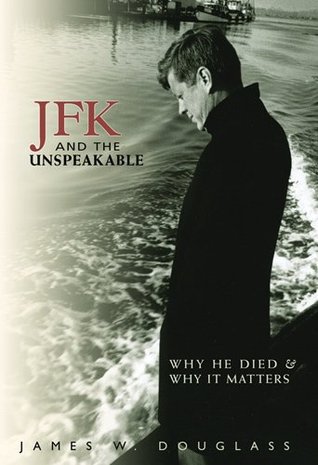world—the young people who had no role, who had no say, who knew nothing even of the confrontation, but whose lives would be snuffed out like everyone else’s. They would never have a chance to make a decision, to vote in an election, to run for office, to lead a revolution, to determine their own destinies.” “It was this,” wrote Robert in a work published after his own assassination, “that troubled him most, that gave him such pain. And it was then that he and Secretary Rusk decided that I should visit with Ambassador Dobrynin and personally convey the President’s great concern.”[99]
Welcome back. Just a moment while we sign you in to your Goodreads account.


